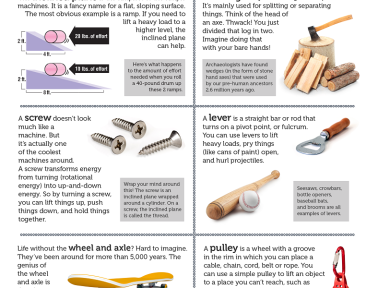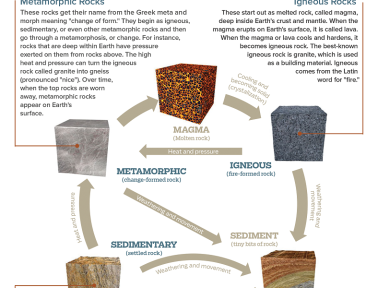Have you ever overheard somebody talking with a baby, and also they use that high, sing-songy voice? That’s called “parentese” as well as it’s been received research study to sustain language advancement in infants.
Now, have you ever listened to someone use that exact same voice and diminished words with a young child? That’s called patronizing, and it reveals a gross underestimation of a kid’s ability for vocabulary building.
A child between the ages of 2 and 6 has the capability to discover in between 6 and also 10 words daily( 1 ). That depends on 70 words a week! However there’s no way a youngster can get to those kinds of numbers if she isn’t subjected to language in meaningful, interactive ways.
Quality Conversations
The inconsistency of the use of language in homes across social class is a fascinating point to consider. On average, a kid in a welfare class family hears 616 words in an average hour, while a child in a professional course family listens to 2,153 words (2 )! While there are several differences in regular results for kid advancement across social classes, it interests keep in mind that these distinctions are not necessarily a direct result of revenue, however of the experiences the children have.
If we absolutely respect the kid’s incredible capability to quickly build vocabulary, we will certainly make the most of the opportunity to engage them in quality discussions as well as expose them to new words. Below are a few methods to do simply that:
Do not avoid the huge words.It is very typical for grownups to streamline their language when talking with little ones. Rather than referring to the vet, we discuss the “pet medical professional”. While a sentence filled with brand-new words would certainly be a bit frustrating for any person, throwing in a new word now and then is an excellent possibility to develop vocabulary! If we are referring to the vet, we must use that word, using “animal physician” as an explanation, and after that referring to “vet” a couple of even more times in the discussion. If you’re describing what something is, you might as well utilize the appropriate word the first time.Youngsters may not constantly detect those large words, however they certainly will not if they don’t ever hear them. There isn’t much opportunity for development if we’re constantly using words they already know. So go ahead, utilize words like “the same” instead of “exact same” as well as “transformation” rather than “adjustment”. You’ll be shocked at what your youngsters will pick up on when you provide the possibility!
Talk with them, not at them.Include youngsters in the conversation by asking flexible concerns. Ask to tell you about the very best component of their day. Have them inform you everything about the structure they’re building out of legos. Ask regarding what they believe will occur following in the story you read. Research study after research substantiates the truth that children learn more when they are engaged in conversation with adults and qualified peers in contrast to passively hearing info.
READ.First graders that have actually been read to consistently have an ordinary functioning vocabulary of 40,000 words while those that are seldom reviewed to have a functioning vocabulary of just 10, ooo words. The difference comes from the variety of words they have listened to in a favorable, engaging experience. Strive for that 20 mins a day of reviewing out loud and talk with your youngsters about what you’re reading. Usage extension activities to provide you the opportunity to refer back to those new words they were revealed to in the analysis.
Discuss Success
When youngsters have a larger vocabulary, they have an unique benefit in the learning process in general. Consider it. Would you prefer to take a scientific research course in an international language or the one you know with? Children with a small vocabulary are essentially listening to an international language at college. The brain power needed to recognize brand-new concepts is diverted to simply attempt to comprehend words being talked. The even more words a child contends his disposal, the extra he is mosting likely to comprehend and the more he is mosting likely to verbally participate in the discovering procedure.
In many research studies vocabulary is a valuable forecaster of scholastic success, yet what predicts vocabulary? Discussions with adults. Youngsters racking up higher on language measures have regularly had a lot more quality conversations with their parents and caretakers.
So begin today, as well as speak up with your little ones!
For additional information:
1 Discussions in Childcare — California Childcare Health And Wellness Program
2 Vocabulary– Concepts and also Research study— College of Oregon
Top photo by glendali.
Facility picture by bjearwicke.










